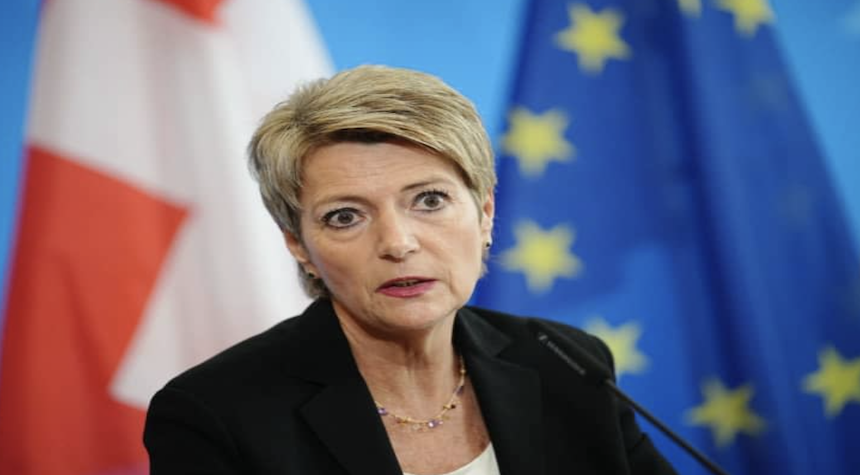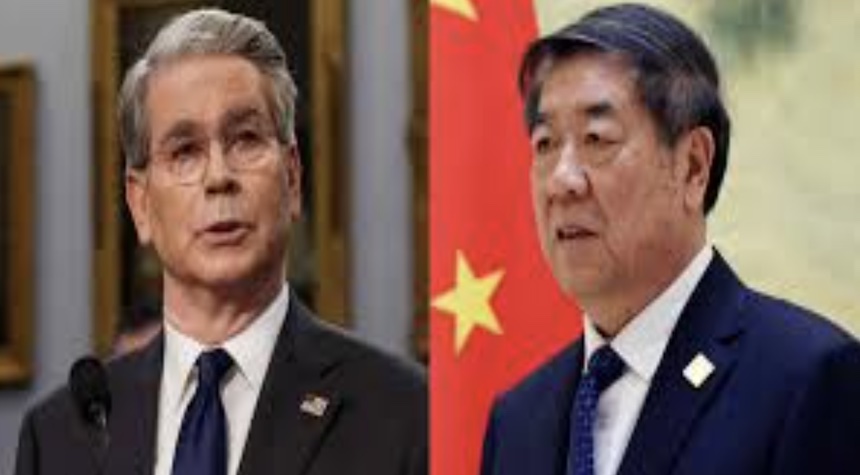Treasury Secretary Scott Bessent and U.S. Trade Representative Jamieson Greer are slated to meet with China’s top economic official, presumably Vice Premier He Lifeng, in Switzerland this week. This is being viewed as a preliminary step towards potential negotiations over President Donald Trump’s tariffs, which have been a point of contention between the two economic powerhouses.
The U.S. Trade Representative’s office and Treasury’s announcement that Bessent and Greer will hop on a plane to Geneva on Thursday, where they will also meet with Swiss President Karin Keller-Sutter to discuss reciprocal trade, isn’t just a casual diplomatic outing. It’s a calculated move in a high-stakes game.

The U.S. is playing a tough game of hardball. Since Trump took office, the U.S. has piled up new tariffs on Chinese imports totaling 145% as a punitive measure over China’s unfair trade practices and its role in the U.S. fentanyl crisis. In response, China has retaliated with 125% tariffs. Bessent has argued that these levels are unsustainable and function as an effective trade embargo between the world’s two largest economies. And that’s just not true.
Both Washington and Beijing are engaged in a cat-and-mouse game over tariffs. Each side seems unwilling to back down in a trade war that has unsettled global markets and disrupted supply chains, with each move impacting U.S. equity index futures and Wall Street trading. But let’s break this down logically. What we’re seeing here is a negotiation dance, a display of power and posturing. It’s not about punishing each other, it’s about gaining leverage in a potential negotiation.
In conclusion, these meetings in Switzerland aren’t just an ice-breaking step. They’re a significant chess move in the larger geopolitical game. As Greer put it, “I am negotiating with countries to rebalance our trade relations to achieve reciprocity, open new markets and protect America’s economic and national security.”

